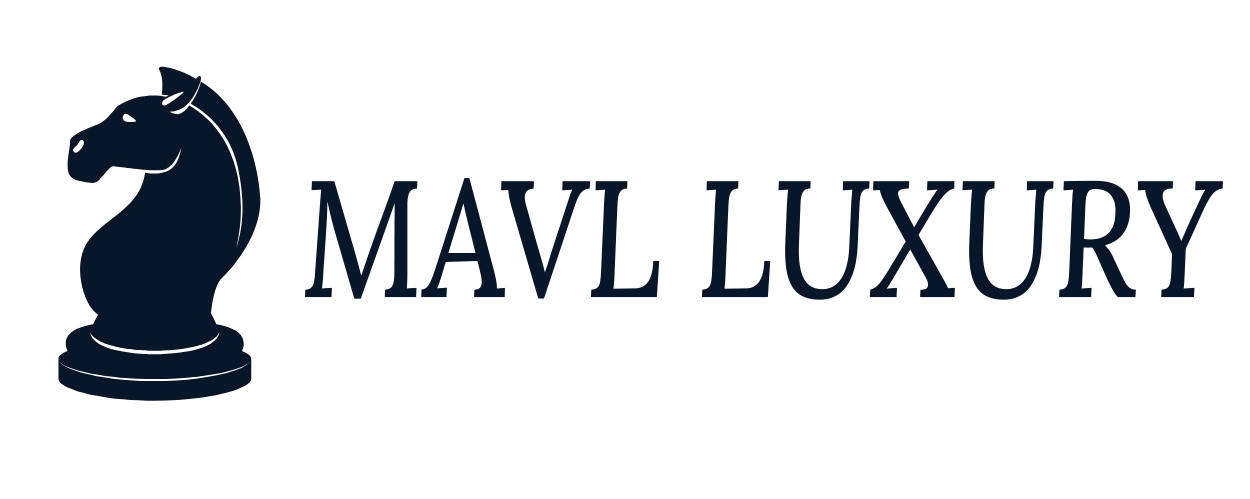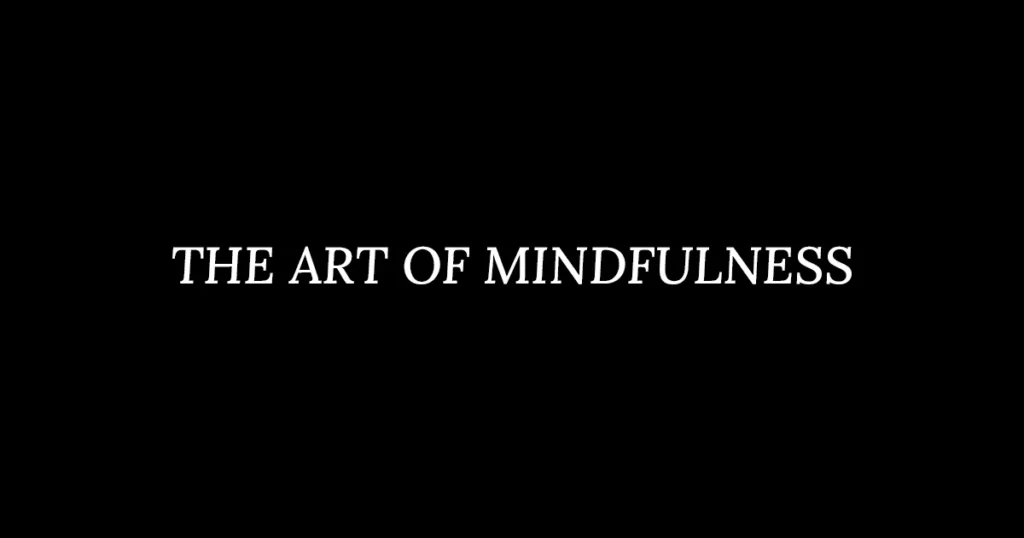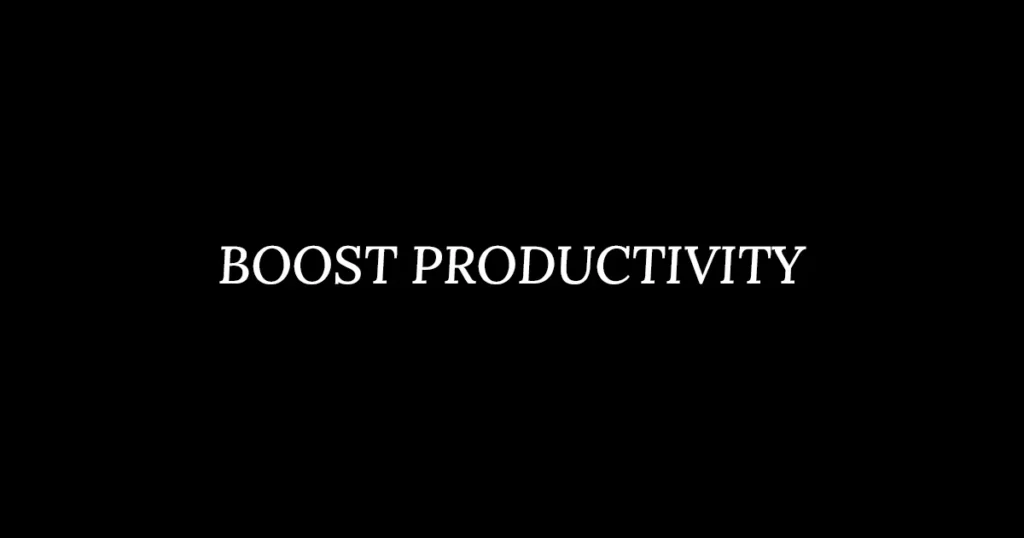The Rise of Digital Detox: Why Disconnecting is the New Luxury
In the modern, fast-paced world of digital technology We are always connected. Social media, email and instant messaging as well as online access 24/7 have changed our lives, work and interact. While technological advances have provided convenience and limitless possibilities, they also brought about a culture of constant involvement. What does this mean? We’re overloaded, overwhelmed and constantly stressed.
What is a Digital Detox?
Digital detox is the process of having a pause from all digital media, such as computers, phones social media platforms, and the internet for a set period of time. It is a deliberate effort to disconnect from the world of digital media to concentrate on self-care, mindfulness and reestablishing a healthy connection with technology. The aim is to enable people to refuel their minds, improve physical health, and reconnect with their physical surroundings and those who live around them.
The Need for Digital Detox
Although the age of digital has brought numerous advantages, it has also brought about a number of negative adverse effects. According to a report from the World Health Organization There is an increasing concern over the negative effects of excessive digital use for mental well-being. The constant exposure to screens, including social media, could cause depression, anxiety and a decrease in attention spans.
Today, people spend on average six hours each day looking at screens The younger generation is often using their screens for longer periods of time in front of screens. The heightened connectivity can lead to what’s known as “digital burnout,” a state of mental and physical exhaustion triggered by exposure to technology that is digital.
In addition, the rise of the social web has brought a space where validation and competition are a constant. The pressure is on people to stay “on” all the time and creating the perfect online identity. This can result in feelings of inadequateness as well as FOMO (Fear of missing out) which can further contribute to anxiety and stress. These developments have led to the increasing demand for detoxing from digital media as a means to get away from the demands of our digital lives and regain a sense of control.
Why Disconnecting is the New Luxury
1. The Mental Health Crisis and the Need for Balance
One of the strongest motives to undertake the digital detox process is because of its worrying impact on the mental health. The constant use of screens can cause digital fatigue, in which people are unable to concentrate due to the innumerable amount of information that they receive. The average user consumes massive quantities of information every day, from news updates as well as social media updates and emails, to videos and advertisements.
The constant flow of information can lead to cognitive overload, which makes it difficult to concentrate or keep in mind crucial information. Furthermore, research has linked the excessive time spent on screens to insomnia, because the blue light that is emitted by devices can disrupt Melatonin production the hormone which regulates sleep.
The digital detox process allows the brain to unwind and recharge. It allows people to get rid of the cycle of checking their notifications and responding to emails and navigating social media. By removing themselves from the internet, users can focus their attention on their health, and establish more healthy boundaries when it comes to technology.
2. Connecting with Nature
As we become more dependent to technology, we are at risk of losing touch with our natural surroundings. Digital detox usually includes spending time outdoors, whether that’s walking through the hills, relaxing on the beach, or just taking a stroll at the local park. These activities provide more than just physical fitness and allow us to connect to nature, which has been proven to bring substantial psychological benefits.
Research has proven that a time spent in natural settings can lower anxiety, boost mood and boost cognitive function. Nature offers a sense of peace that electronic devices can’t provide. Being outdoors and separated from the world of technology can allow people to be present instilling mindfulness and self-awareness.

3. Enhancing Relationships
In a time when communication has shifted to digital communication and we tend to forget the value of face-to-face interaction. Social media, text messages or emails are replacing a lot of interactions in person, resulting in an erosion in the quality and depth of our interactions.
Digital detox gives you an opportunity to connect with family members in a meaningful manner. When we turn off our devices and focusing on spending time with friends and family and engage in more meaningful conversations, and make memories that don’t have to be controlled by screens. Research has shown that engaging in meaningful social interactions are a significant factor in improving mental health by removing ourselves from technology can help build connections with those we cherish.
4. Fostering Creativity and Productivity
Many people feel that their creativity and efficiency is stifled by constantly engrossing distractions of electronic devices. Notifications, emails and social media posts can distract us from the work at hand which makes it hard to focus and finish work effectively. A study conducted by researchers at the University of California found that the average office worker gets interrupted every 11 minutes, and the average being 25 minutes to recover focus after interruptions.
A digital detox can boost productivity and creativity by allowing uninterrupted time for reflection and deep work. With less distractions, people are able to focus on their own projects as well as their hobbies or professional goals. A break from technology lets the mind to refuel, usually which can lead to an explosion of inspiration and fresh ideas.
5. The Cult of ‘Slow Living’ and Mindfulness
The trend towards a digital detox is closely tied to the increasing movement towards slower living as well as mindfulness. In a culture that is obsessed with efficiency and speed the people are looking for a more thoughtful, more mindful way of living. This requires slowing down, remaining in the present moment and putting self-care ahead of productivity.
Digital detoxes are a crucial aspect of this new trend. By removing themselves from the frantic digital world, people can lead a calmer pace, more mindful lifestyle. They can focus on things that help to improve mental peace, like journaling, meditation or just taking a relaxing cup of coffee, without the constant ping of notifications.
6. Reducing Digital Addiction
A lot of people are dependent on their electronic devices and experience withdrawal symptoms when they are away from their computers or phones. This addiction can be harmful for physical and mental health, causing issues such as poor posture eye strain, poor posture, and a decrease in physical activities.
Digital detox is a good approach to get rid of this addiction. By setting limits and restricting screen time, users can take control of their habits on the internet. Many people might even feel feelings of relief when they turn off their devices, because they realize the amount of energy and time they were prior to committing to their devices.

The Growing Popularity of Digital Detox Retreats
In recent times, retreats for digital detox have become an increasingly popular option for people to relax from the demands of the digital age. They provide a customized experience in which participants turn off all electronic devices for a set period of time generally in a peaceful natural setting. The retreats typically contain wellness-related activities such as meditation, yoga or hiking and journaling that are designed to help promote mental peace and tranquility.
A few popular digital detox retreats include:
- The Digital Detox Camp in California (link: www.digitaldetox.org)
- The Do Nothing Retreat in New York (link: www.donothingretreats.com)
- The Center for Digital Detox in the UK (link: www.digitaldetoxcenter.com)
These retreats provide the chance to unwind from the online world and concentrate on taking care of yourself. For those who want to reset and recharge these retreats are an environment that is safe to do this without having to read emails or scroll through social media.

The Future of Digital Detox
As our dependence on technology grows as well, so will the need for detoxification through digital technology. In the near future we can anticipate more people to focus on their wellbeing and mental health by adopting digital detox strategies. The increasing popularity of technology that wears a band, that helps monitor our screen time as well as habits with technology, could aid in a more mindful approach to using technology.
Furthermore, companies and organizations are starting to realize how important digital health. Employers are adopting policies that require employees to break from technology, unplug from work and concentrate on self-care. The notion of”work-life balance” is evolving to include “work-life balance” is evolving to include an “digital balance,” where employees are urged to switch off from messages and emails related to work in their private time.
Conclusion
The emergence detachment from technology is a reaction to the enormous impact of continuous connectivity. Removing ourselves from technology has become a luxury and a means to regain control over our physical and mental well-being. Through taking breaks, escaping into the outdoors, or participating on meaningful conversations with friends digital detoxes can provide a welcome relief from the demands of the digital age.
As we progress in our lives, it is essential to find the right equilibrium between enjoying the advantages of technology and taking the time to unplug. When we do this we will ensure that our connection with technology is healthy and sustainable for many years to be.
for more visit Mavlluxury






